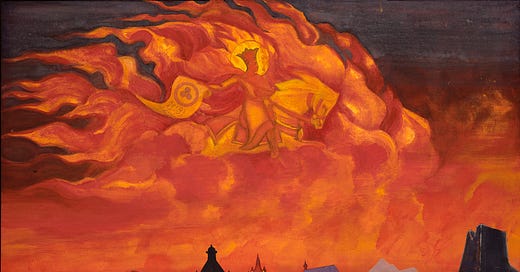Our movement has the kindling and the spark. So where is the fire? We have exceptional people and a fervent desire to build a new order from chaos. So where is the action?
We have failed to study how a crusade begins. It cannot coalesce spontaneously out of a distributed caste of willing actors. It must have a single inception point, a moment when the sp…
Keep reading with a 7-day free trial
Subscribe to Becoming Noble to keep reading this post and get 7 days of free access to the full post archives.



